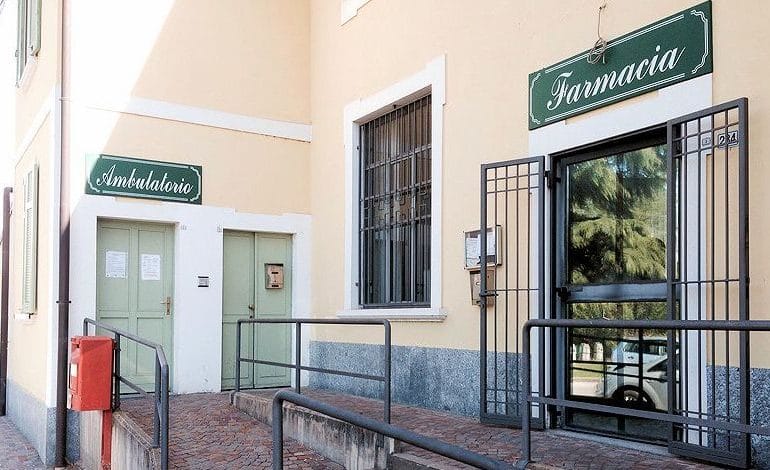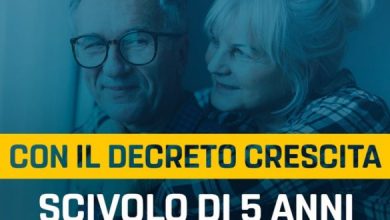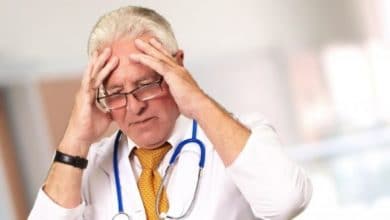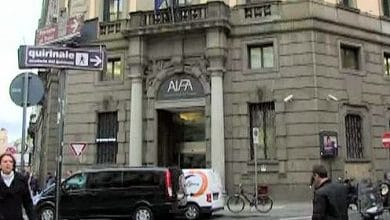
At present, all health professions can be carried out within a pharmacy with the exception of the medical profession for which separate entry is required and a ban on internal communication of pharmacies and medical surgeries.
A ruling by the Umbria Regional Administrative Court, announced in recent days, states that the current text of art. 102 of Consolidated text of health laws it does not prevent the exercise of these professions within a pharmacy. The rule, in fact, is addressed to the natural person of the professional (exercise of the pharmacy = exercise of the profession of pharmacist) and not to the place where he carries out his profession. It is therefore further confirmed that, at present, all healthcare professions can be carried out within a pharmacy (in compliance with any due requirements of local authorities). As a logical deduction, however, the medical profession cannot be carried out as the Regulation on the pharmaceutical service imposes separate entry and a ban on internal communication of pharmacies and medical surgeries.
The Tar therefore only took care to further reiterate what the Council of State had already affirmed regarding the interpretation given to the law of 5 February 1992, n. 175, on professional abuse and healthcare advertising. On that occasion, in fact, the question arose as to whether the advertising of pharmacies was lawful and free or whether, on the other hand, it should be subject to municipal authorization following the opinion of the Order of Pharmacists. Basically, it can thus be said that the pharmacy and the pharmacist cannot be confused or overlapped. The pharmacy is a business while the pharmacist is a professional who works there. Therefore, the doctor cannot practice in the pharmacy nor the pharmacist can practice the medical profession, even outside the pharmacy.
The recent government bill, known as the Lorenzin bill (Senate bill n. 1324), contains the art. 8 (paragraph 1, shown below), with the intention of overcoming the erroneous interpretations supported so far in various opinions.
Article 8.
(Amendment of article 102 of the consolidated text of health laws, as per Royal Decree 27 July 1934, n. 1265, and replacement of the pharmacy partner)
1. Article 102 of the consolidated text of health laws, referred to in the royal decree of 27 July 1934, n. 1265, is replaced by the following:
«Art. 102. - 1. The achievement of several degrees or diplomas gives the right to the cumulative exercise of the corresponding professions or health arts. Practitioners of healthcare professions or arts can carry out their activity in the pharmacy in any form, with the exception of professionals authorized to prescribe medicines.
2. Healthcare professionals authorized to prescribe medicines who enter into any agreement with pharmacists on sharing in the profits of the pharmacy, when the provisions contained in articles 170 and 172 are not applied, are punished with an administrative fine ranging from 10,000 to 50,000 euros ».
2. In article 7 of the law of 8 November 1991, n. 362, paragraph 4 is replaced by the following:
«4. The director, if the conditions set out in paragraph 2 of article 11 of the law of 2 April 1968, n. 475, as replaced by article 11 of this law, or has reached the retirement age requirement provided for by article 11, paragraph 17, of the decree-law of 24 January 2012, n. 1, converted, with amendments, by law 24 March 2012, n. 27, and subsequent amendments, is temporarily replaced by a registered pharmacist».
However, one observation is in order. The new art. 102, as worded, prohibits the exercise in pharmacy of professions with prescriptive power of medicines (doctor-surgeon, dentist, veterinary surgeon) but does not prohibit the combination on the same person of the profession of pharmacist and that of one or more of the professions health care with the power to prescribe medicines. In practice: a pharmacist/doctor could practice the profession of doctor-surgeon in the morning, in an outpatient clinic adjacent to a pharmacy where in the afternoon he practices that of pharmacist, thus sending the prescriptions he himself had drawn up shortly before. Fortunately an amendment has been proposed in order to overcome this unfortunate assumption. I leave it to the reader to judge whether the remedy is worse than the disease it would like to cure.
Finally, the same art. 8, paragraph 2, integrates the reasons justifying the replacement of the pharmacy director with the hypothesis of reaching the retirement age referred to in paragraph 17 of DL 1/12 converted into law 27/12 (Grow Italy) providing that, in this case, the director is temporarily replaced by a registered pharmacist. It appears evident that the temporariness (otherwise foreseen for the other substitution hypotheses) is here usque ad mortem. And then one wonders what powers the substitute in the management will have if the owner remains the one who previously held the position of director while continuing to hold the economic management of the pharmacy? Was it not perhaps better to propose the repeal of the entire paragraph 17, sweeping away this useless provision that is constitutionally more than questionable, since, as appeared in a recent news story, even a centenarian can fly an airplane?
Maurice Cini
Bologna University





